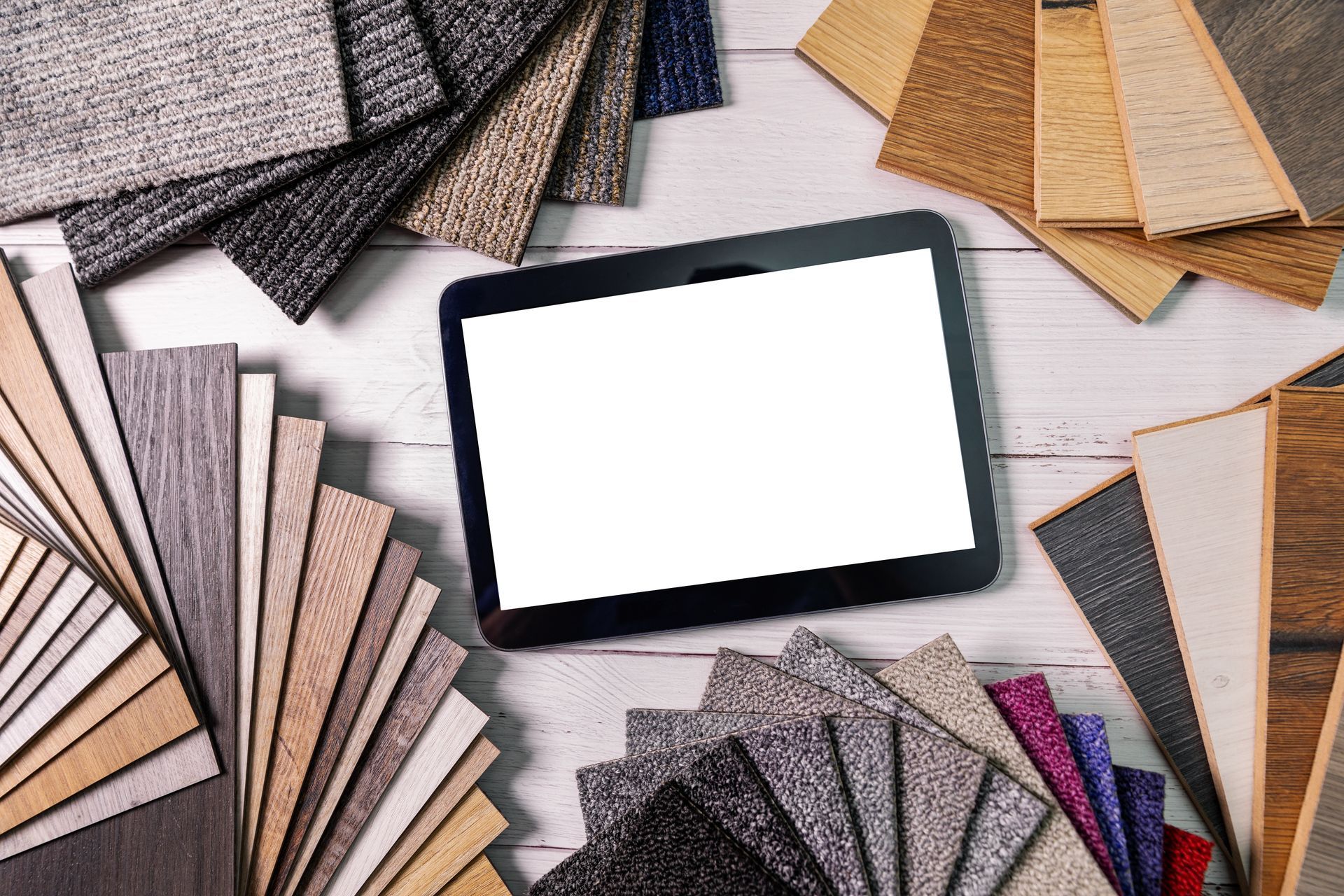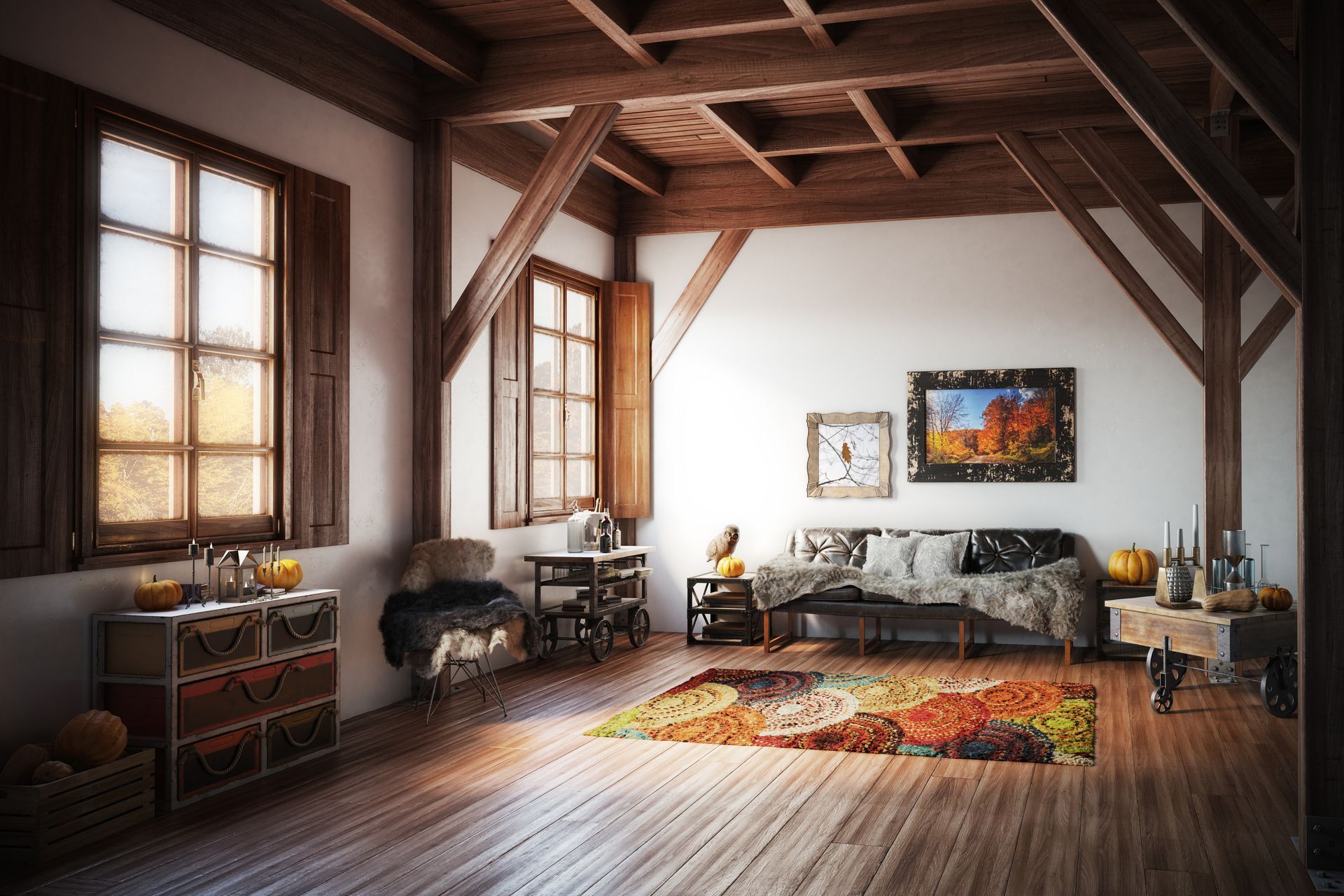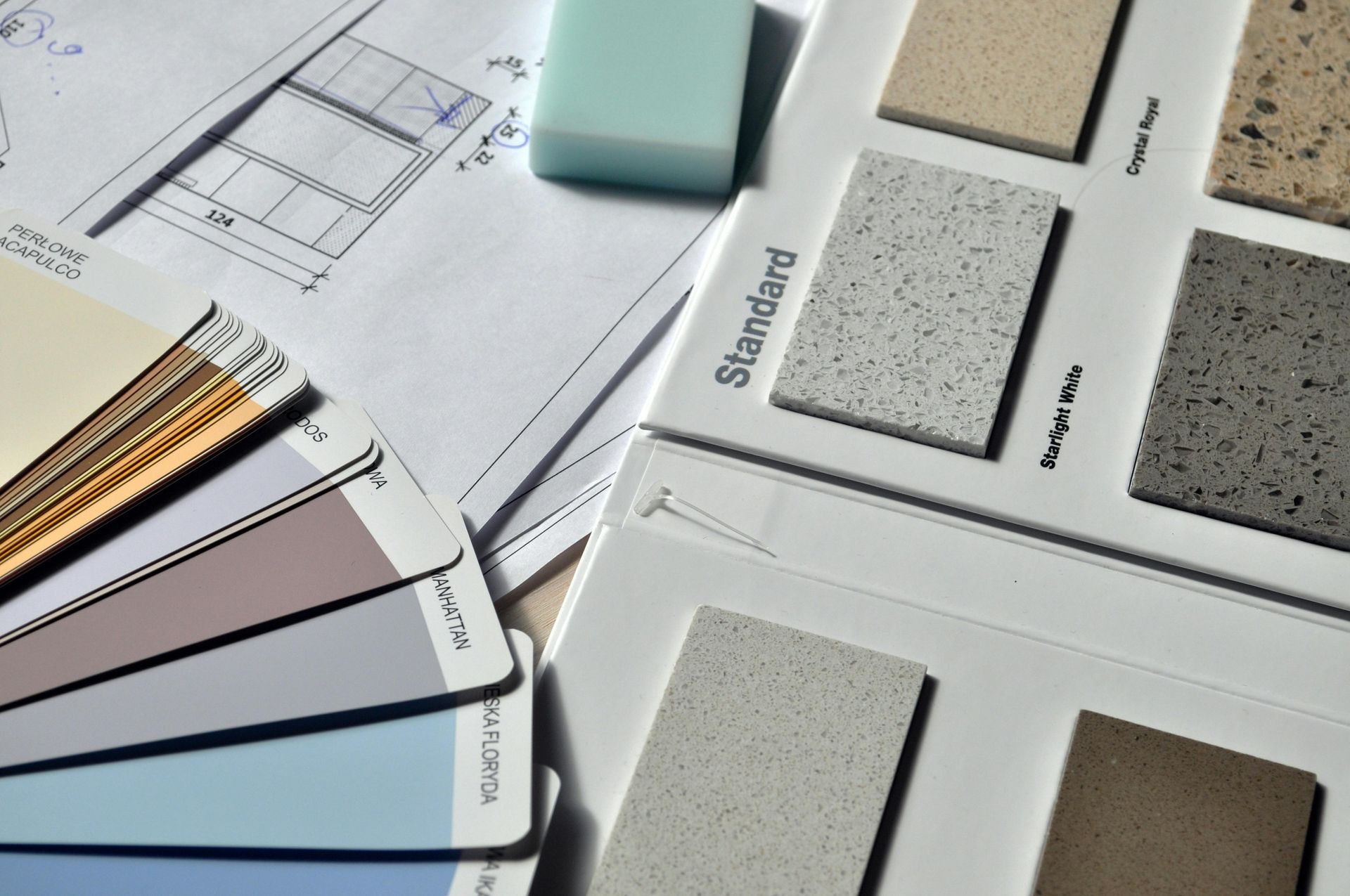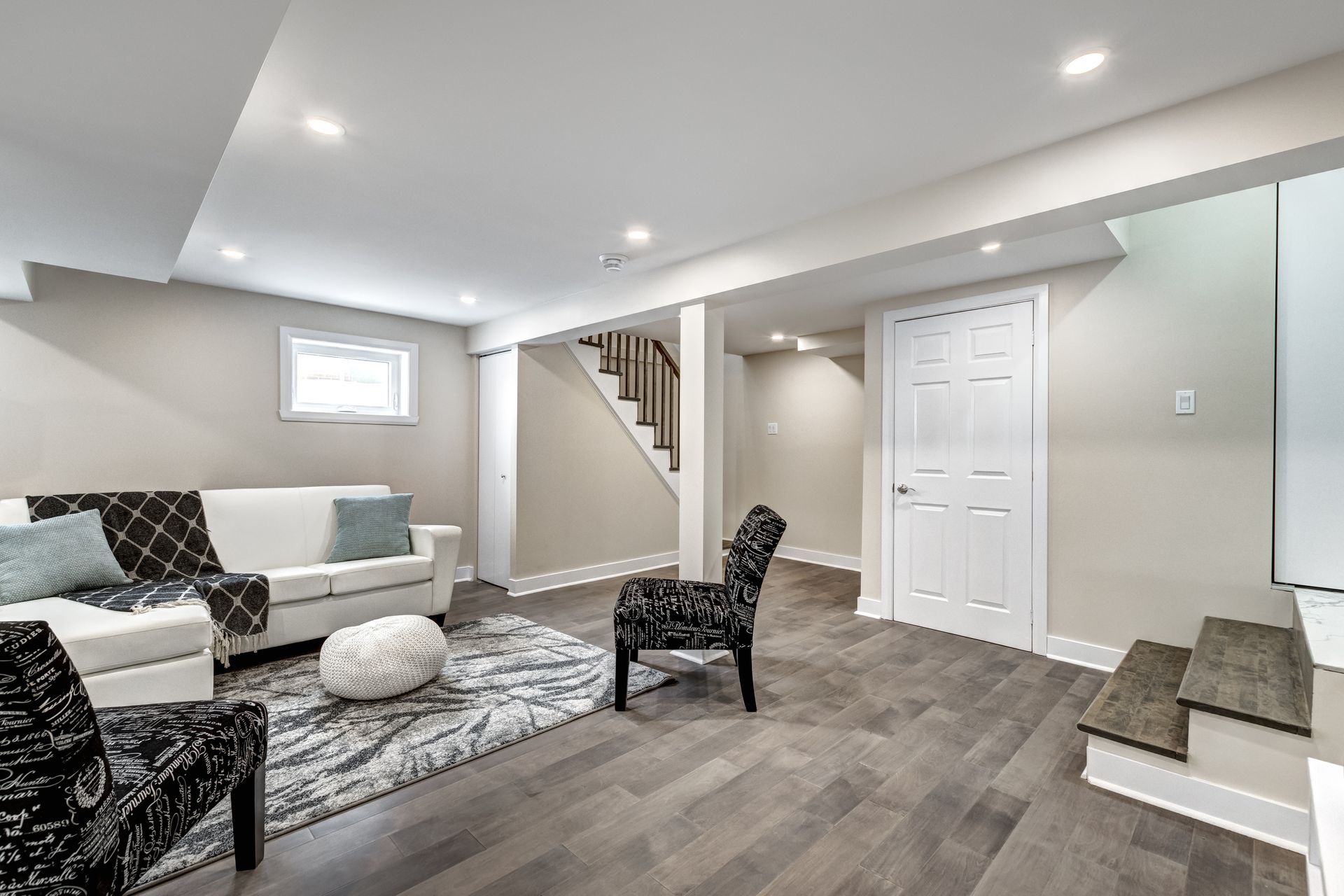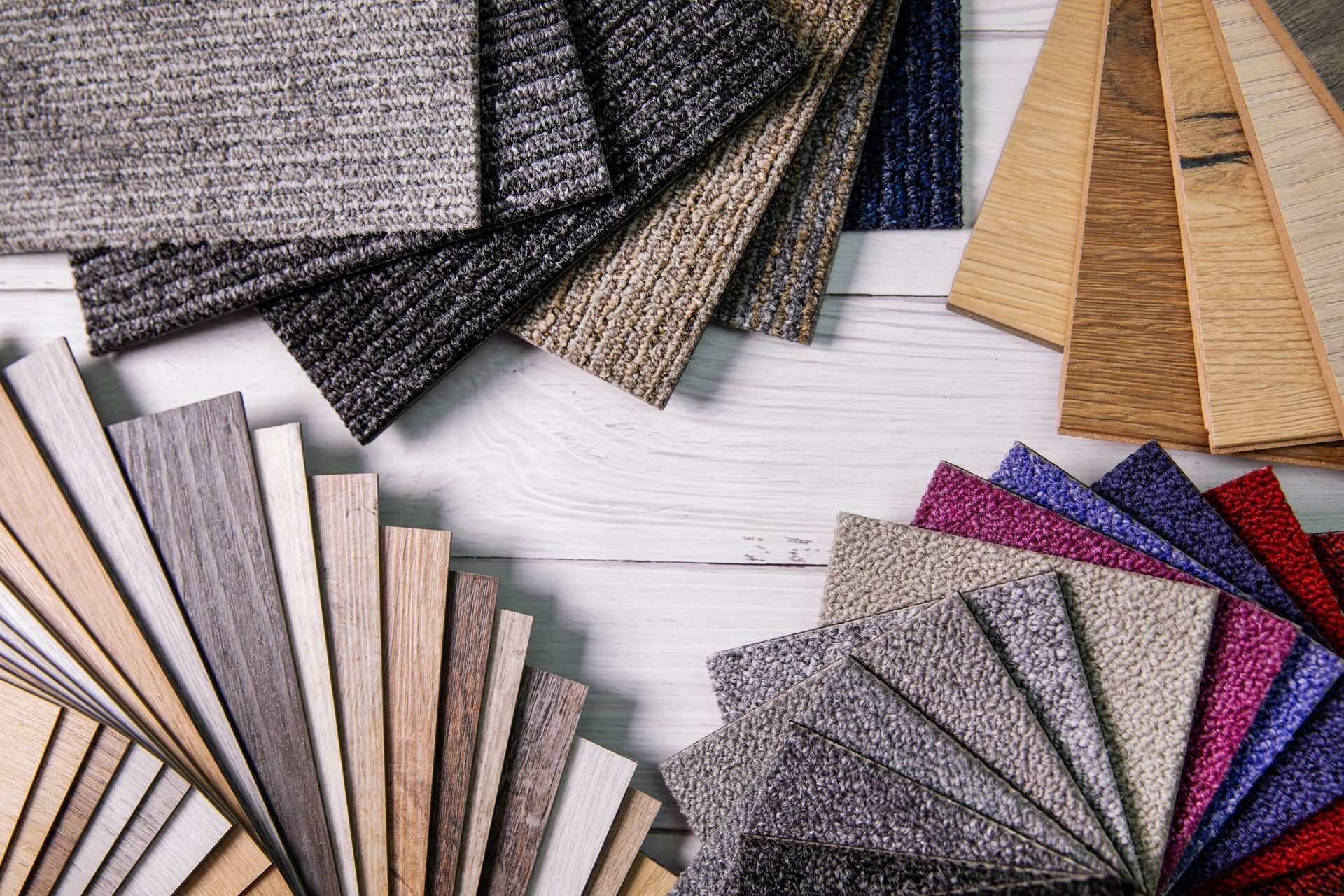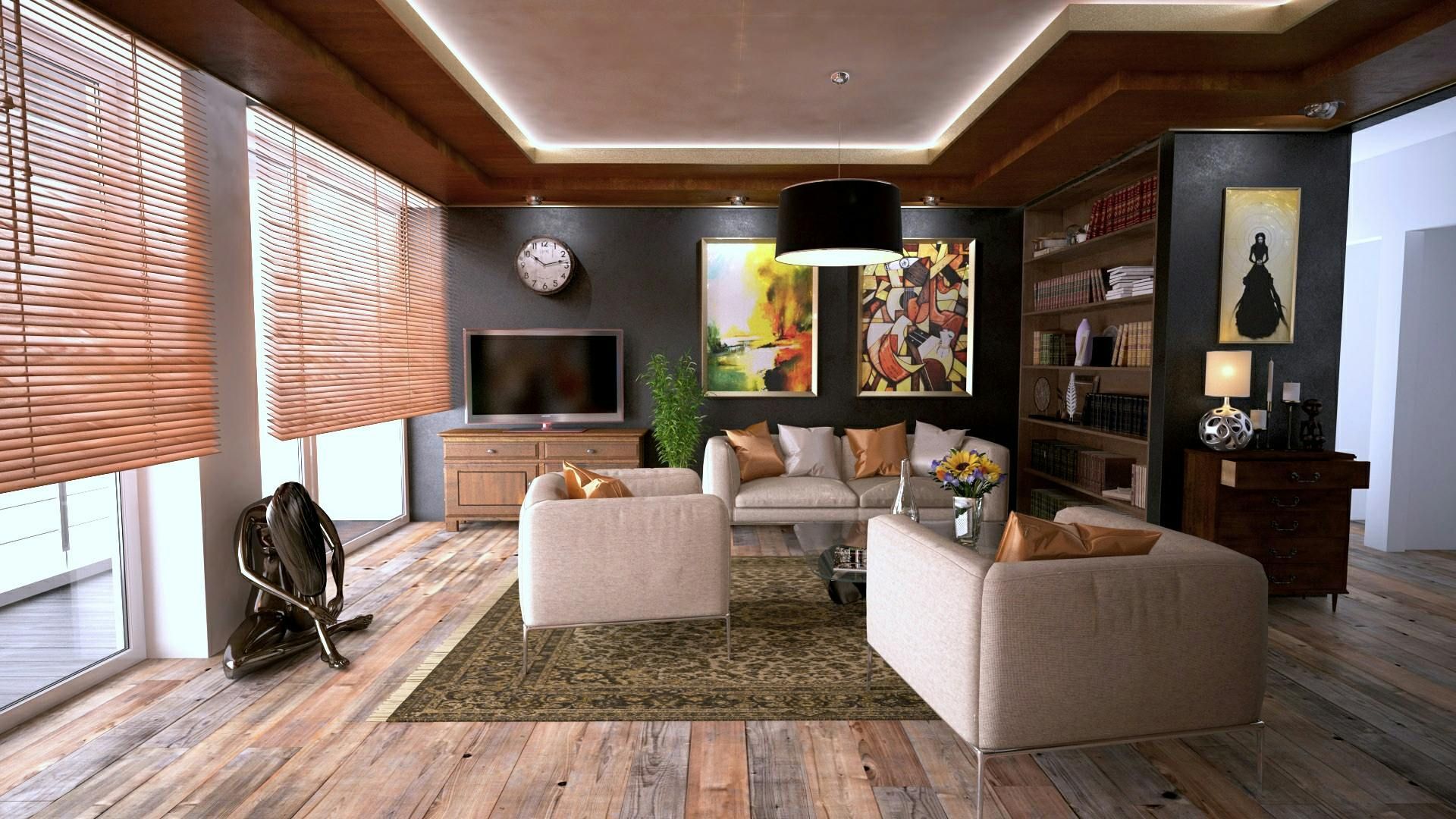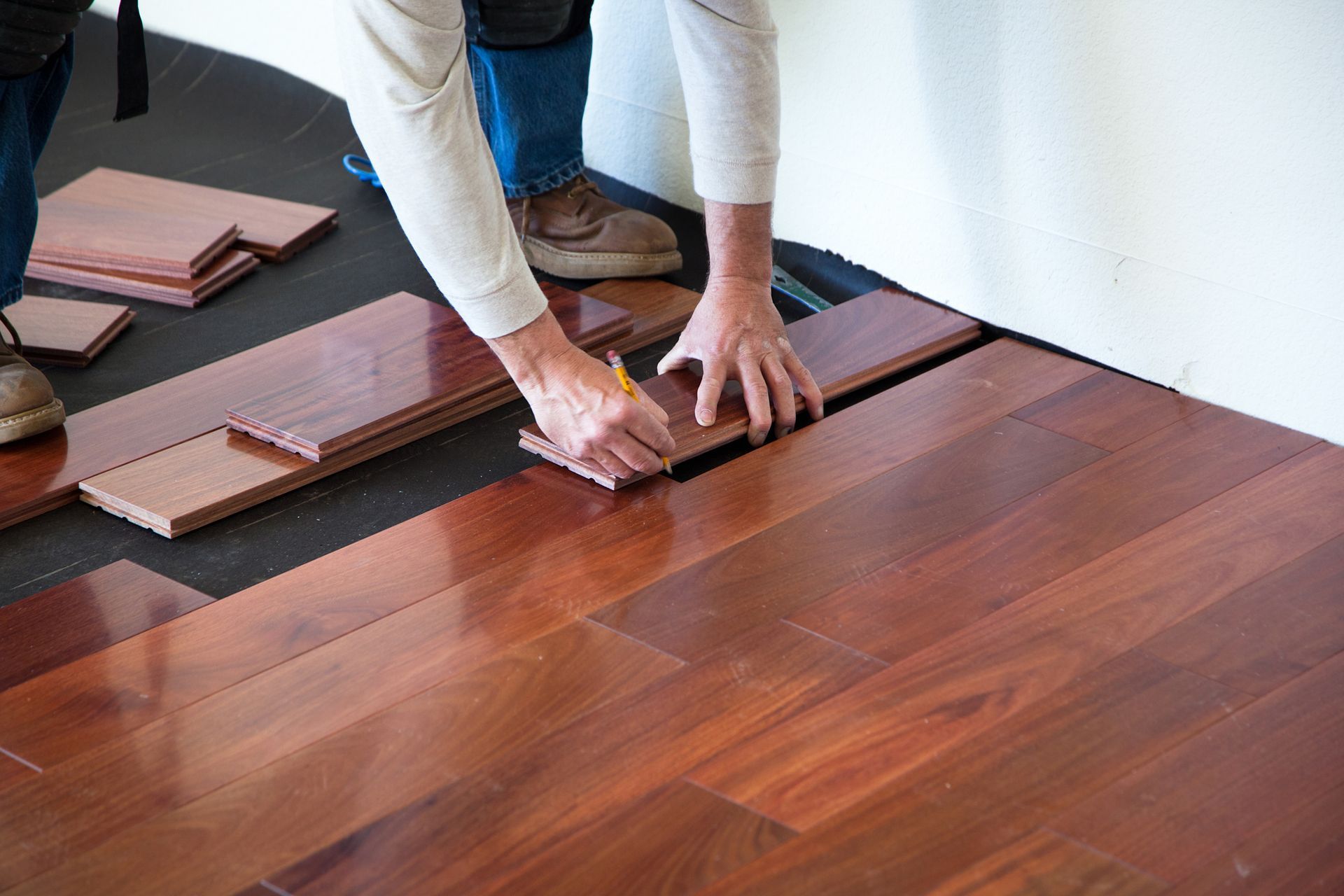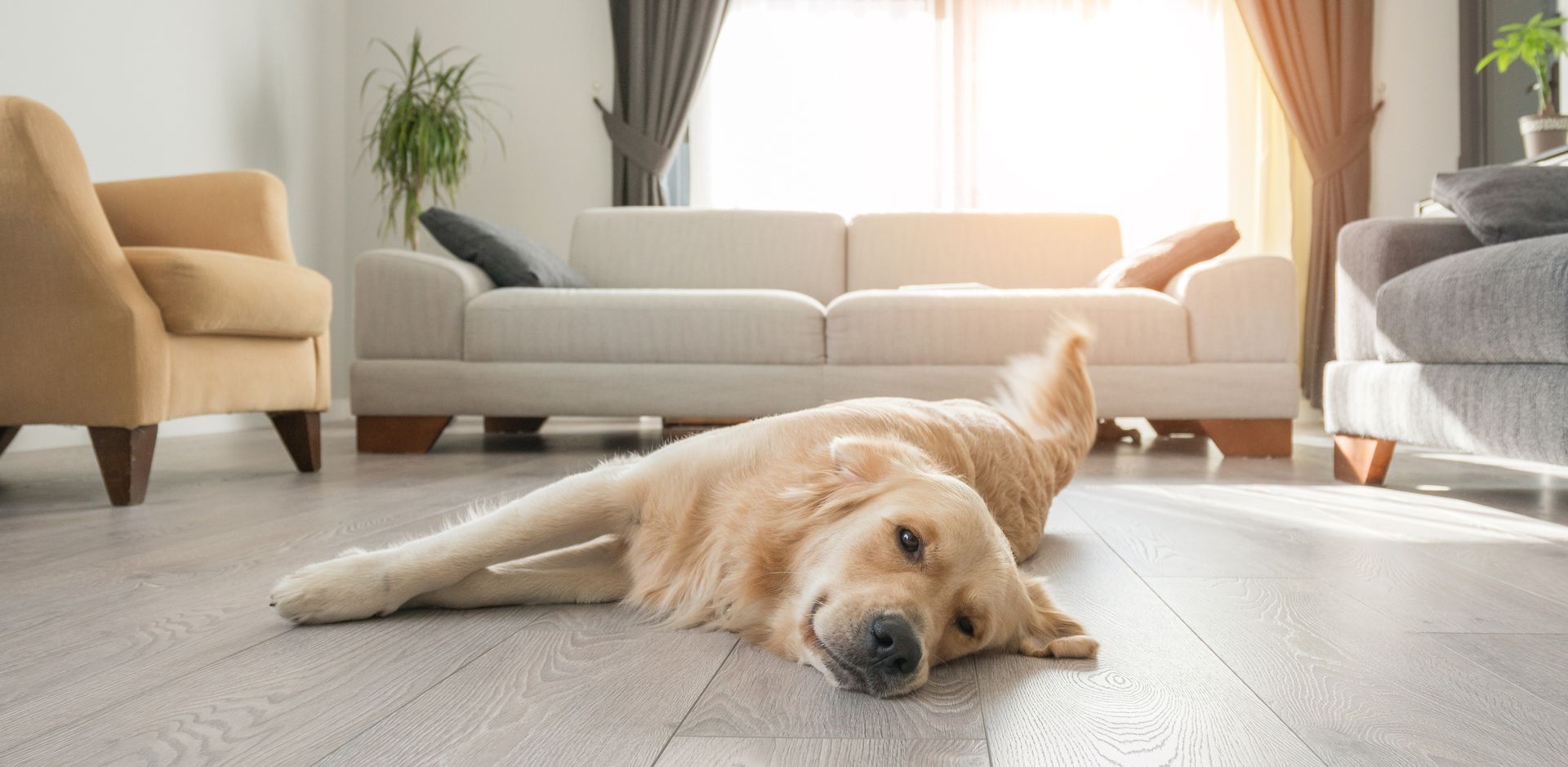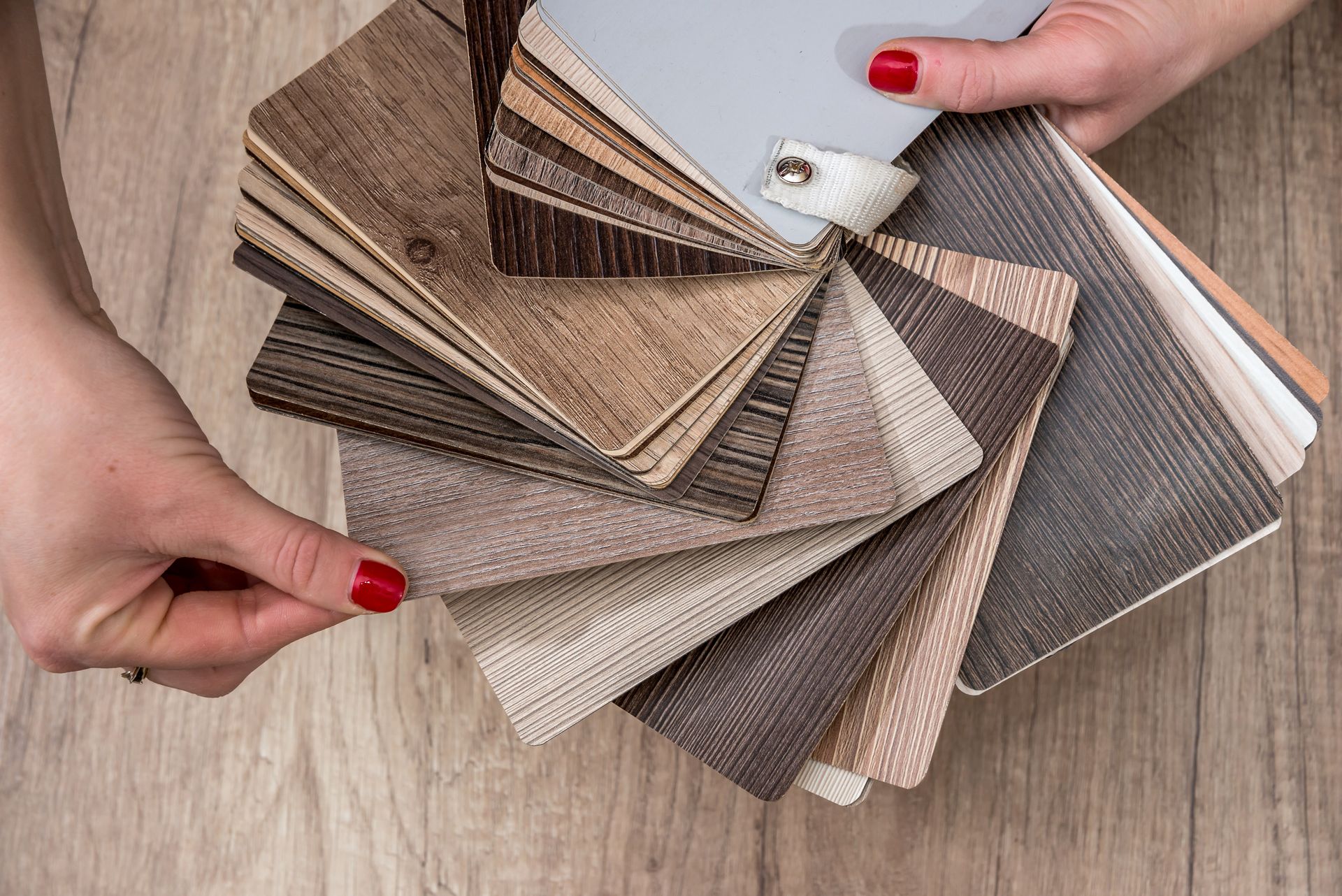
Your Complete Vinyl Flooring Buying Guide
Vinyl flooring has become a popular choice among homeowners for good reason. From its durability to
its aesthetic appeal, vinyl offers a versatile and affordable option for those looking to upgrade their home's flooring.
In this comprehensive guide, we'll walk you through everything you need to know about vinyl flooring, from its benefits and drawbacks to the types available and how to maintain it. By the end of this blog post, you'll be well-equipped to make an informed decision and find the perfect vinyl flooring for your home.
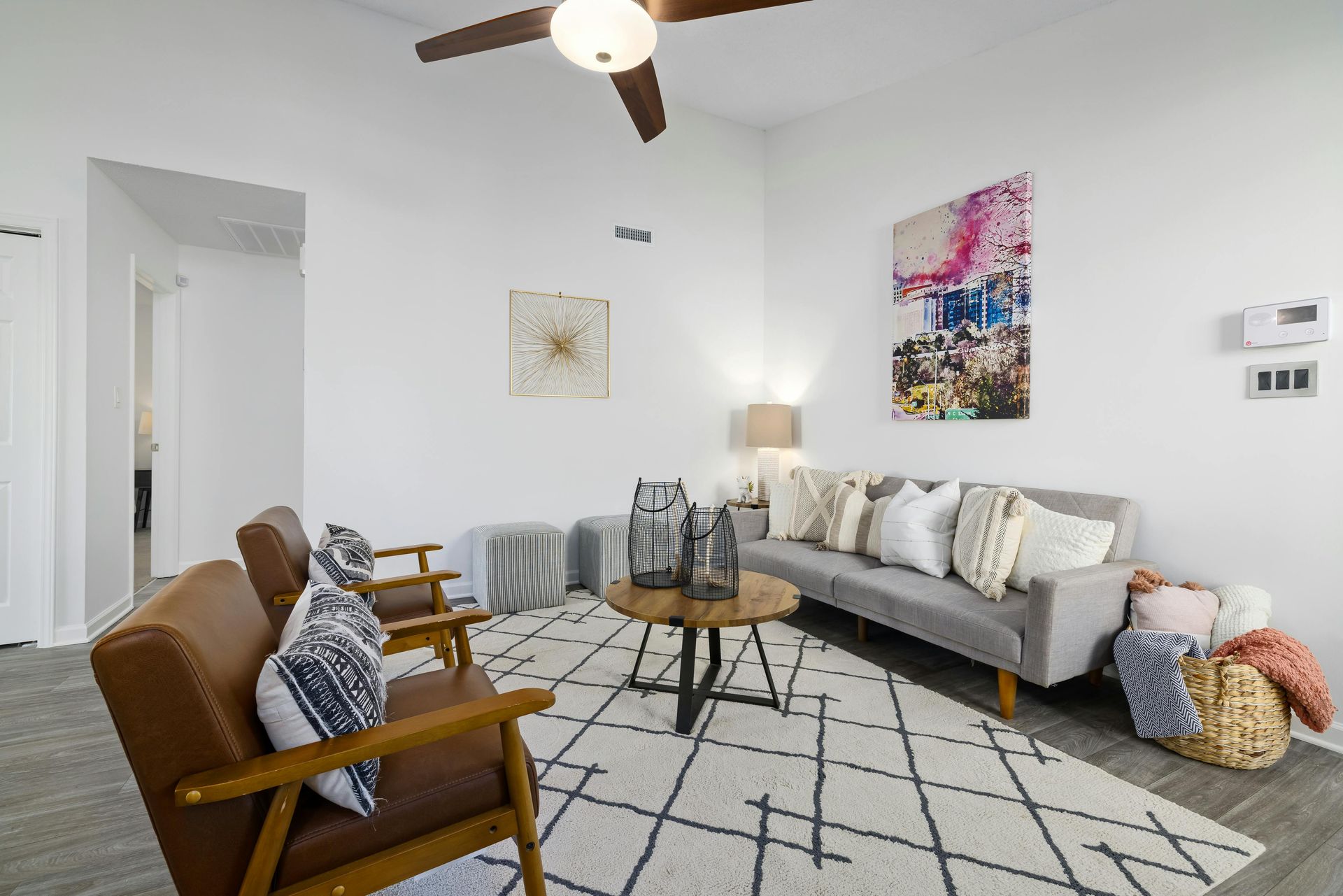
Introduction to Vinyl Flooring
Vinyl flooring has come a long way since its inception. Originally known for its affordability, modern vinyl flooring now offers a range of styles, colors, and textures that can mimic natural wood, stone, or tile. This versatility makes it a popular choice among homeowners looking to balance cost, aesthetics, and functionality.
Pros and Cons of Vinyl Flooring
Benefits
- Durability: Vinyl flooring is highly resistant to scratches, stains, and moisture, making it ideal for high-traffic areas and homes with pets or children.
- Ease of Maintenance: Simple sweeping and occasional mopping are usually enough to keep vinyl floors looking new.
- Affordability: Compared to other flooring options like hardwood or stone, vinyl is significantly more budget-friendly.
- Comfort: Vinyl floors offer a softer and warmer surface underfoot compared to tiles or stone, enhancing comfort in rooms like kitchens and bathrooms.
Drawbacks
- Potential for Damage: While durable, vinyl can be susceptible to tears and dents if sharp objects are dropped on it.
- Environmental Concerns: Vinyl is not biodegradable and can release harmful gases if not properly disposed of.
- Lifespan: While vinyl is durable, it may not last as long as natural wood or stone, requiring replacement after 10-20 years.
Types of Vinyl Flooring
Luxury Vinyl (LV)
Luxury vinyl offers a high-end look and feel, often mimicking natural wood or stone down to the finest details. It comes in two forms:
- Luxury Vinyl Plank (LVP): Mimics the appearance of hardwood flooring.
- Luxury Vinyl Tile (LVT): Mimics stone or ceramic tiles.
Sheet Vinyl
Sheet vinyl comes in large, continuous sheets, offering a seamless look that is perfect for moisture-prone areas like bathrooms and kitchens. It is generally more affordable than luxury vinyl but can be trickier to install.
Vinyl Tile
Vinyl tiles are individual pieces that can be installed in various patterns. They are easy to replace if damaged and offer a middle ground between luxury vinyl and sheet vinyl in terms of cost and installation complexity.
Factors to Consider When Buying Vinyl Flooring
Durability
Look for vinyl flooring with a high wear layer (measured in mils). A thicker wear layer means better resistance to scratches and dents.
Installation
Consider whether you want to tackle the installation yourself orhire a professional. Luxury vinyl often features click-and-lock systems that are DIY-friendly, while sheet vinyl may require professional installation to ensure a smooth finish.
Maintenance
Choose a type of vinyl that aligns with your lifestyle. If you have a busy household, opt for a low-maintenance option that requires minimal cleaning.
Cost
Set a budget and stick to it. While luxury vinyl offers a premium look, sheet vinyl and vinyl tile can provide similar benefits at a lower cost.
Step-by-Step Guide to Choosing the Right Vinyl Flooring
- Assess Your Needs: Determine which areas of your home will benefit most from vinyl flooring and identify any moisture-prone zones.
- Set Your Budget: Factor in not just the cost of the flooring itself but also installation and future maintenance.
- Research Options: Explore different types and brands of vinyl flooring. Hamilton Flooring offers a wide range of options to suit various needs and budgets.
- Sample Swatches: Request samples of your top choices to see how they look in your home’s lighting.
- Read Reviews: Look for reviews and testimonials to gauge the performance and longevity of the vinyl flooring options you're considering.
- Make Your Purchase: Once you've made your decision, buy your chosen vinyl flooring from a reputable supplier like Hamilton Flooring.
Maintenance Tips
Keeping your vinyl flooring looking new is simple with these easy tips:
- Sweep Regularly: Remove dust and dirt to prevent scratches.
- Mop Occasionally: Use a damp mop with a mild cleaner specifically designed for vinyl flooring.
- Avoid Harsh Chemicals: Steer clear of abrasive cleaners that can damage the surface.
- Use Protective Pads: Place pads under furniture legs to prevent dents and scratches.
Vinyl flooring is a versatile, affordable, and stylish option for any home. By understanding the different types, benefits, and maintenance requirements, you can make an informed decision that suits your lifestyle and budget.
Ready to transform your home with beautiful vinyl flooring? Check out Dobi Design Co for all of yourHamilton flooring for a wide selection of options and expert advice to get you started.
Found this article interesting? Why not share it?

